Are you sure you want to leave Alice Post's MyShop site?
Are you sure you want to leave Alice Post's MyShop site?
Are you sure you want to leave Alice Post's MyShop site?
Are you sure you want to leave Alice Post's MyShop site?
Written by: Millerlandy Popayan, Research and Development Scientist
“One Mineral, Many Responsibilities.” This is one way to describe magnesium. While most people understand the value of certain vitamins and other supplements, magnesium is frequently overlooked by consumers. Magnesium is a vital nutrient in our diet, and here is why.
Magnesium is an essential mineral for the human body. Your body cannot make its own magnesium, so it must be incorporated into your diet. Magnesium is naturally present in many foods added to other food products, and available as a dietary supplement.
The recommended dietary allowance for adults aged 19 and older is 400 to 420 milligrams (mg) daily for men, 310 to 320 mg for women, and about 350 to 360 mg daily for women during pregnancy and lactation.¹ To add some extra magnesium in your diet, try out our Cal-Mag complex!
Magnesium is involved in more than 300 enzyme systems that regulate diverse biochemical reactions in the body, including protein synthesis, muscle and nerve function, blood glucose control, and blood pressure regulation.¹ Magnesium is also critical for energy production, bone development, DNA and RNA synthesis, antioxidant support, and more.¹ Let’s take a closer look at some of these functions.
Magnesium plays a critical role in both bone formation and the maintenance of bone density as we age, aiding in normal bone structure.¹
To add some extra magnesium in your diet, try out our Cal-Mag complex!
Magnesium participates in protein, lipids and carbohydrate metabolism and improves glucose and insulin metabolism.²
Magnesium may play a role in supporting sleep by regulating certain neurotransmitters that calm the nervous system and allow the brain to transition to a restful state.³ 4Life Transfer Factor® SleepRite® is a great way to get in your magnesium for a restful night’s sleep!
Magnesium may help to reduce the levels of the stress hormone cortisol in the body.⁴
Magnesium regulates nerve and muscle function throughout the body, including the heart muscle. It helps the heart maintain a healthy rhythm⁵, is involved in the regulation of blood pressure.⁶ Try 4Life Transfer Factor® Cardio, which contains magnesium and other essential vitamins for heart health support!
Magnesium is involved in the maintenance of the homeostasis of all the tissues, including the brain.⁷ The American Academy of Neurology and the American Headache Society concluded that magnesium therapy may also be effective for migraine support.⁸
Magnesium is particularly important for the activation of T-cells. T-cells are a type of white blood cell in the immune system. T-Cells only effectively eliminate abnormal or infected cells in a magnesium-rich environment.⁹
Evidence suggests that magnesium levels positively impact the microbiome by maintaining the integrity of the intestinal barrier function and the concentration of beneficial bacteria.⁹
Even though there are plenty of magnesium-rich foods, 48% of Americans of all ages ingest less magnesium from food and beverages than their respective EARs (Estimated Average Requirement).¹ One reason is that the highly processed foods that many people consume lack sufficient magnesium. Also, approximately only 30% to 40% of the dietary magnesium consumed is absorbed by the body.⁵ In addition to dietary factors, a variety of medications and health conditions can lead to magnesium loss.⁵ The body’s intake or absorption of magnesium can be affected by aging, chronic diarrhea, diabetes, and even high alcohol usage.⁵
Food is a great source of magnesium, which is readily available in whole, unprocessed foods such as:
Magnesium supplements are available in a variety of forms: magnesium oxide, magnesium chloride, magnesium carbonate, magnesium lactate, magnesium malate, magnesium taurate, magnesium l-threonate, magnesium sulfate, magnesium orotate, magnesium ascorbate, and magnesium amino acid chelate. Two of the most common forms that are well-tolerated and properly absorbed in the body are magnesium glycinate and magnesium citrate. An increasing number of magnesium supplements contain combination formulations with multiple minerals or vitamins in a single product. They are designed to give the body the nutrients needed to support optimal health. Magnesium is a mineral that plays many roles and supplementing it can have a significant impact on your health. Check out more 4Life products that contain magnesium.
Cal-Mag Complex:
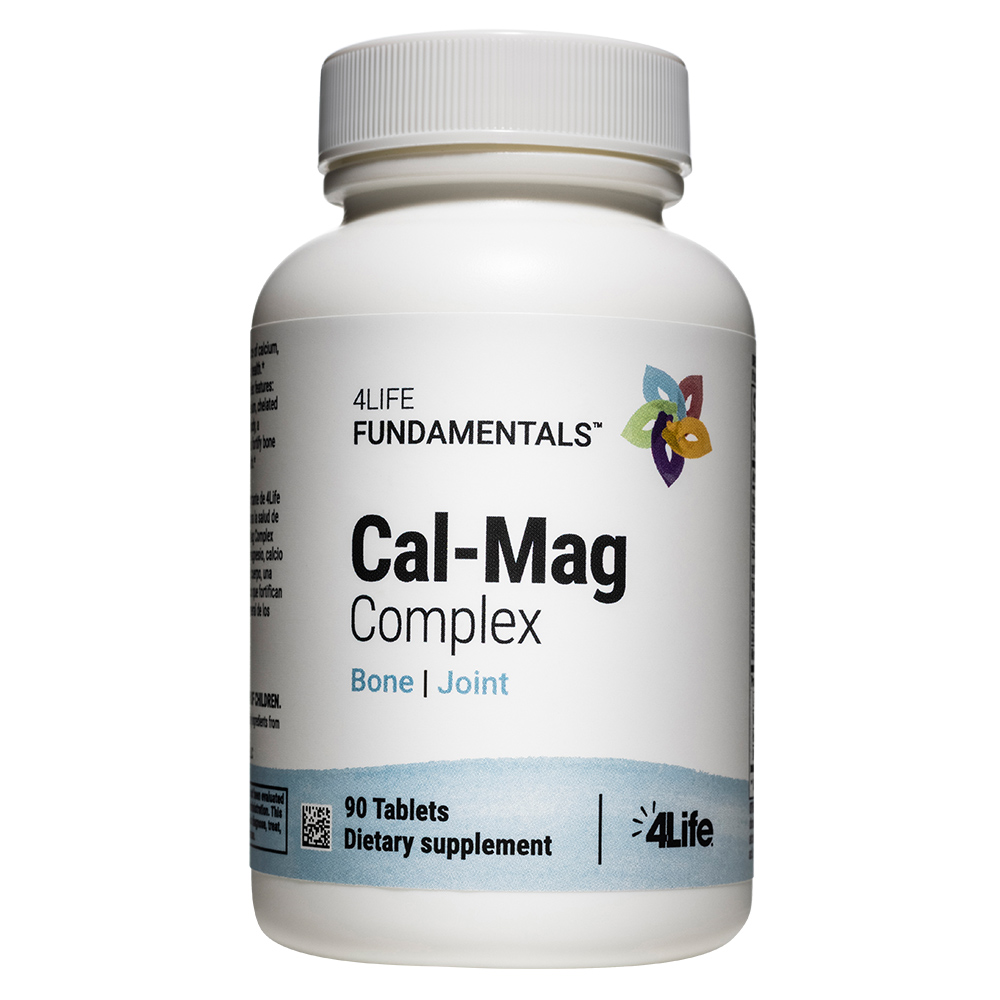
Contains: 270 mg of magnesium (as oxide, citrate, and amino acid chelate)
RiteStart Women:
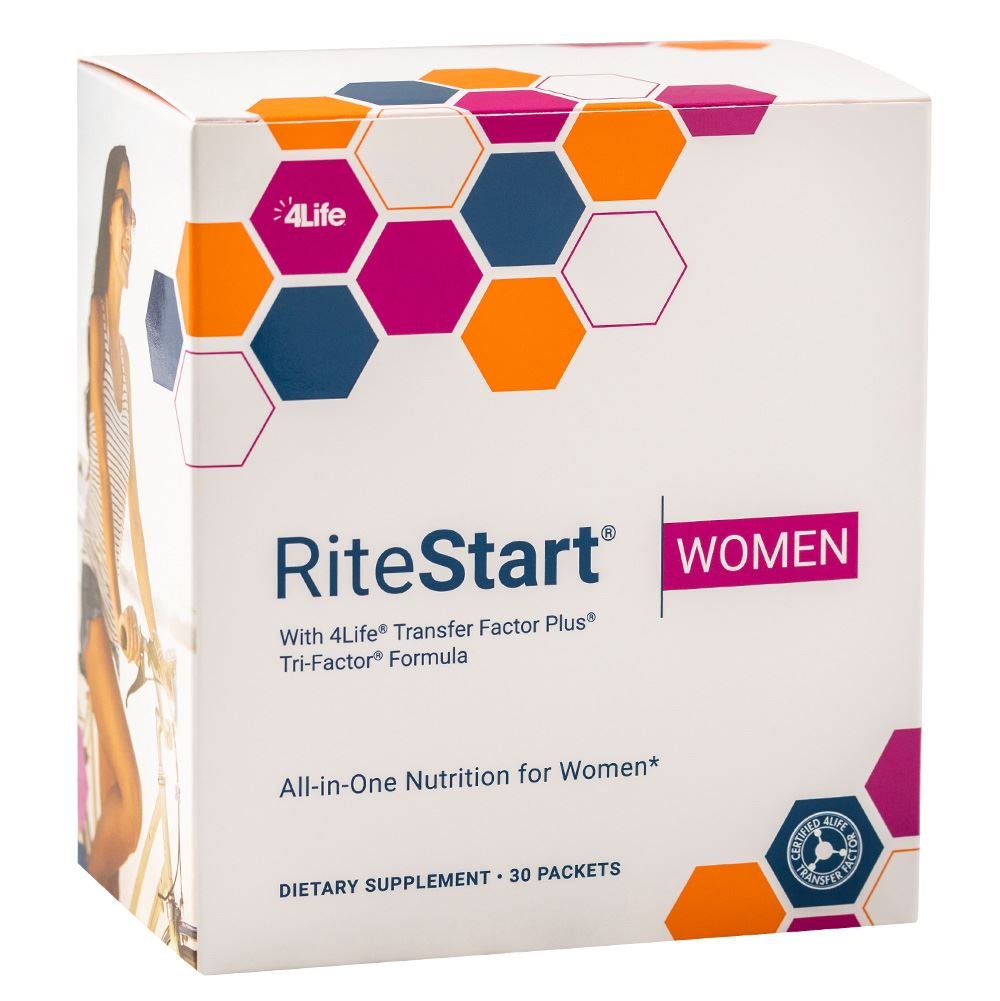
Contains: 400 mg of magnesium (as magnesium oxide & amino acid chelate)
RiteStart Men:
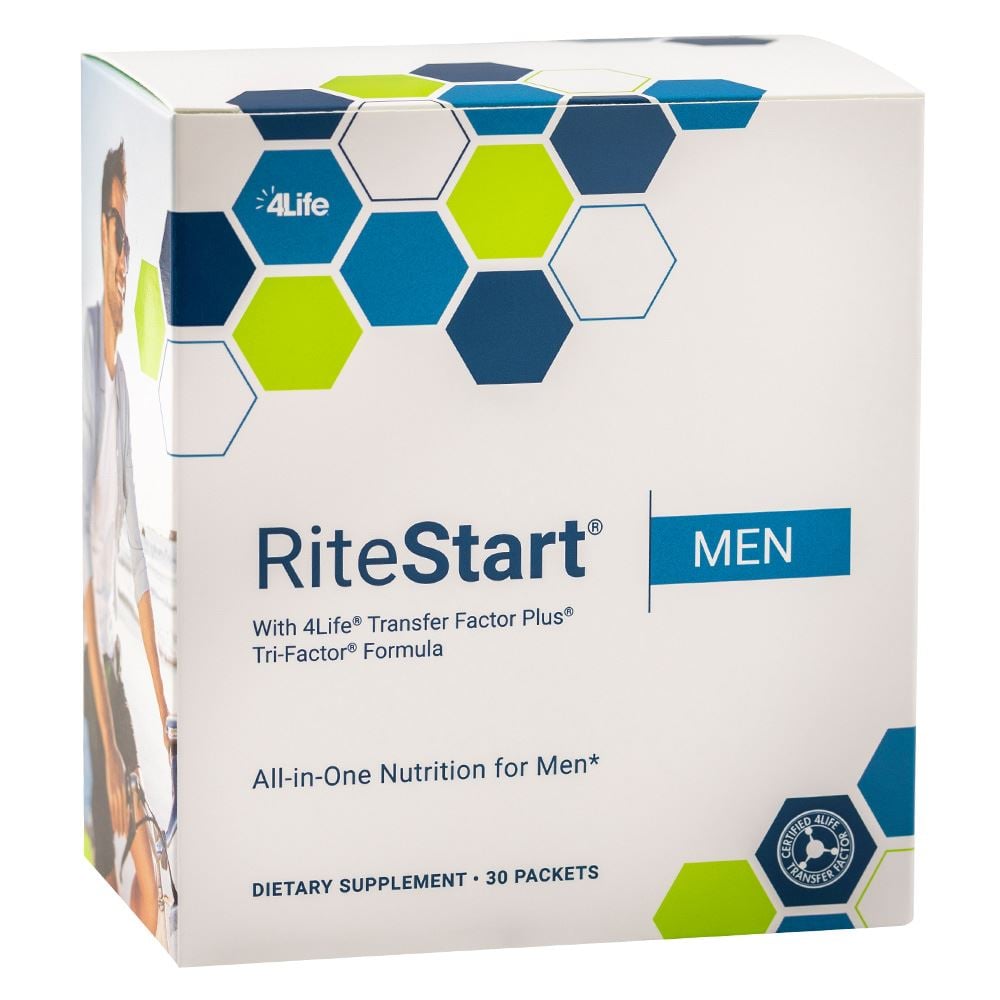
Contains: 125 mg of magnesium (as magnesium oxide, carbonate, & amino acid chelate)
4Life Transfer Factor Recall:
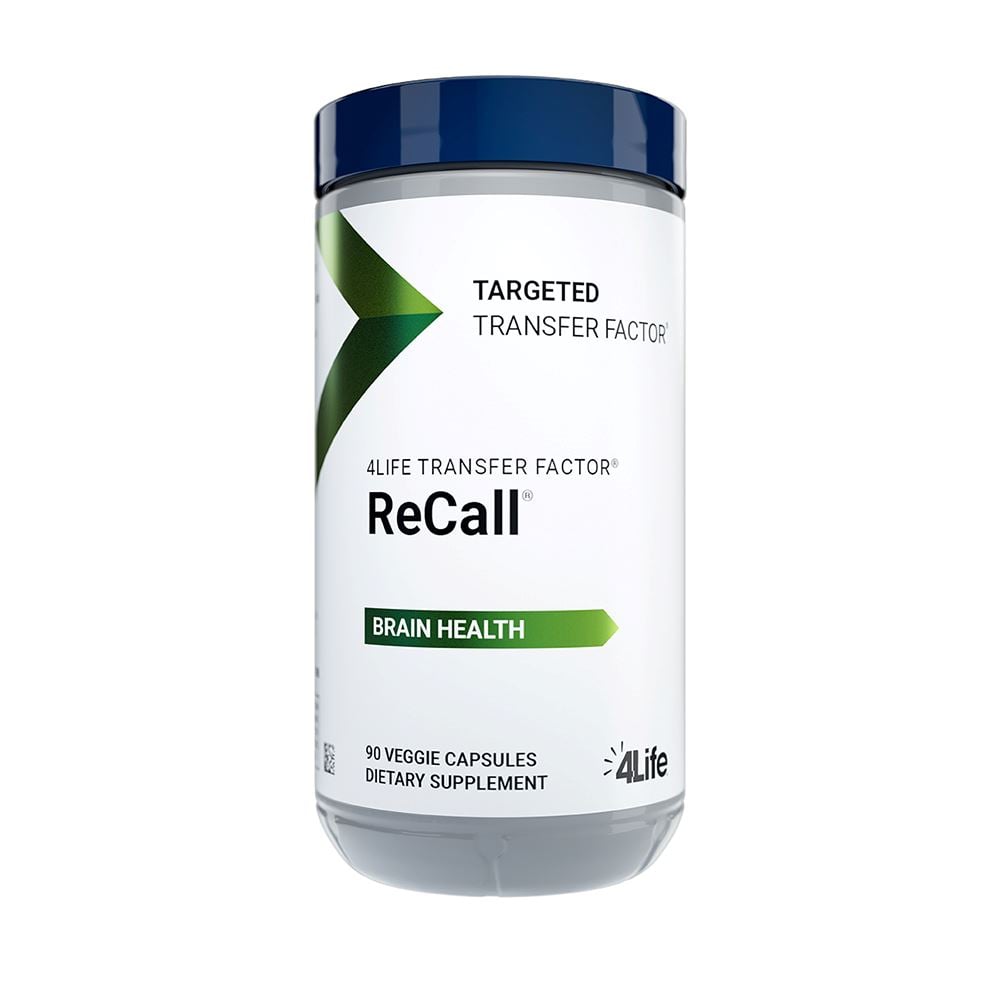
Contains: 110 mg of magnesium (as magnesium oxide and chelate)
NutraStart:

Contains: 147 mg of magnesium oxide
Fibro AMJ:
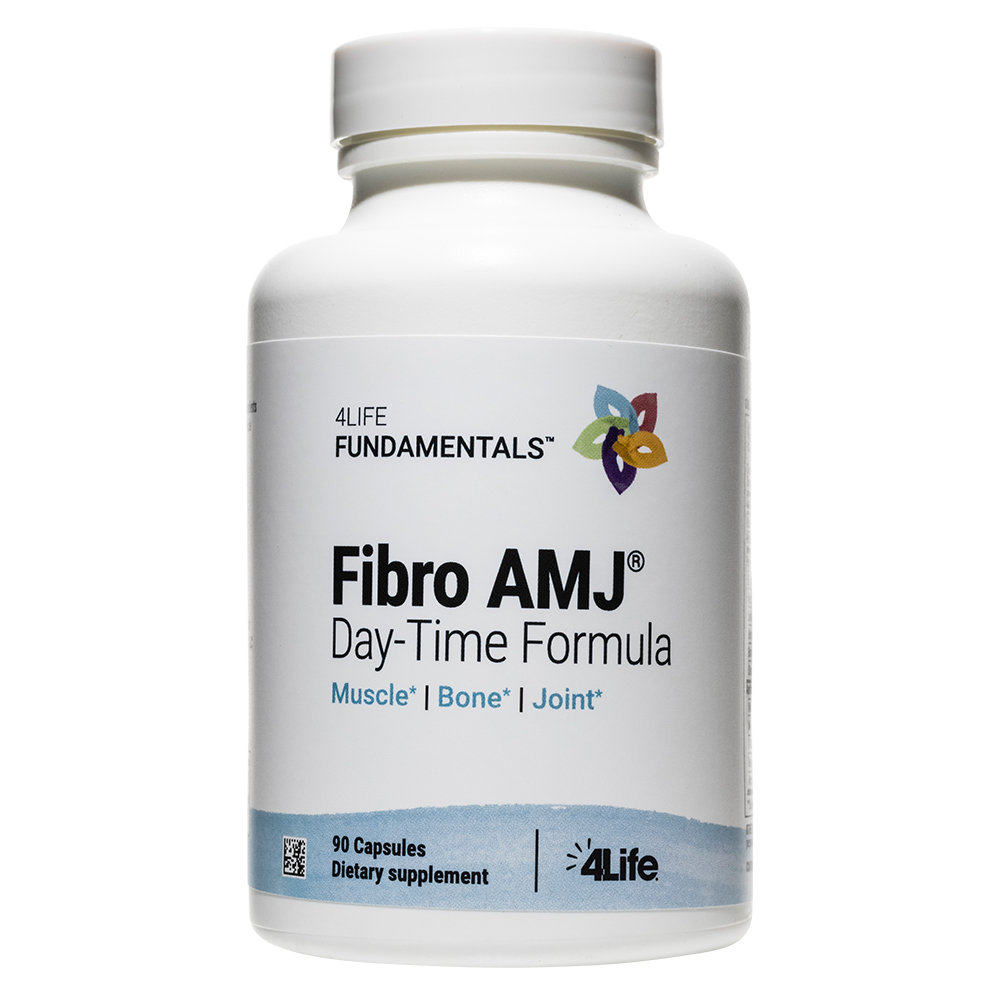
Contains: 200 mg of magnesium oxide
You are trying to view a MyShop page. Please log out in order to view this website.